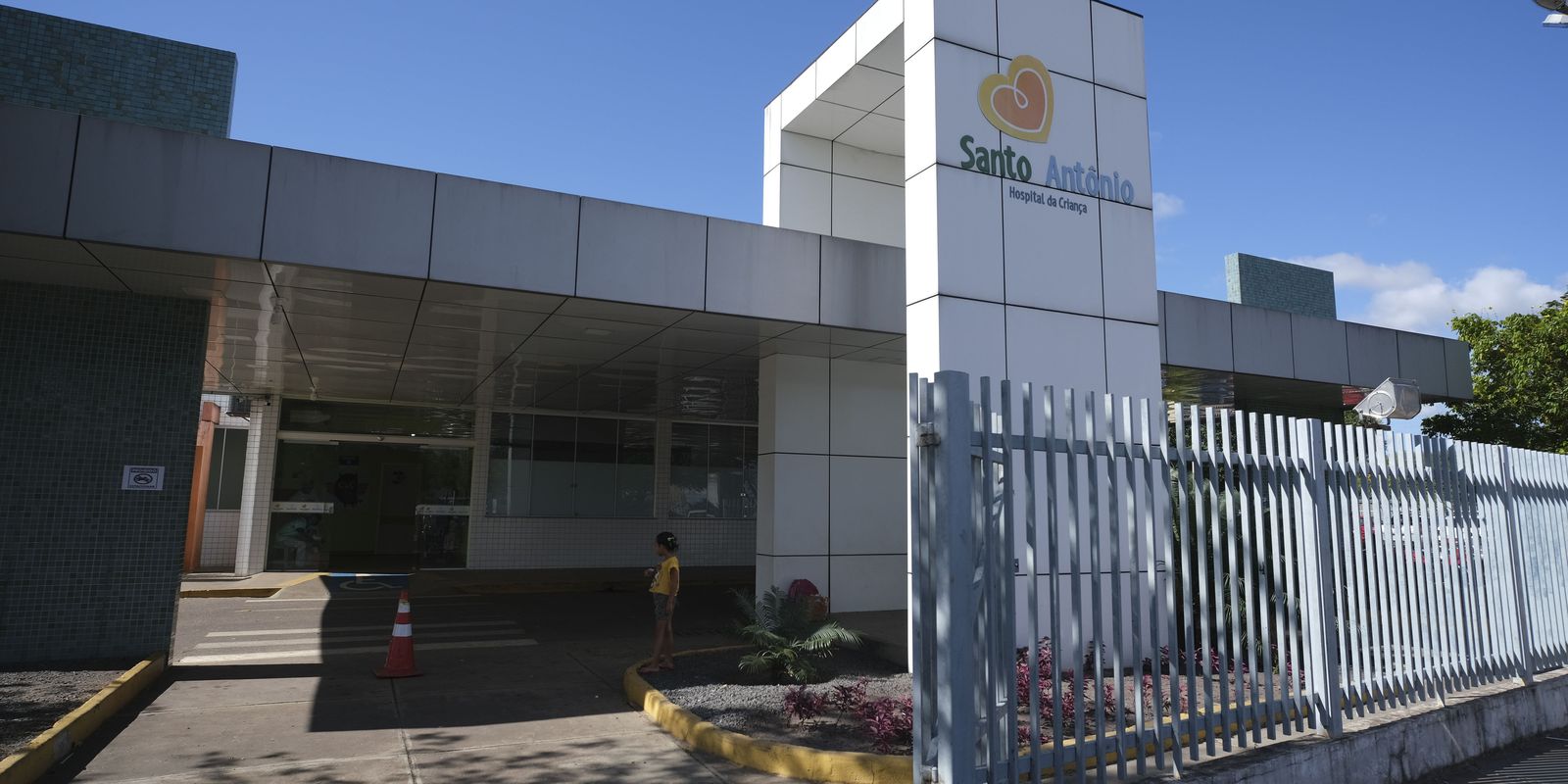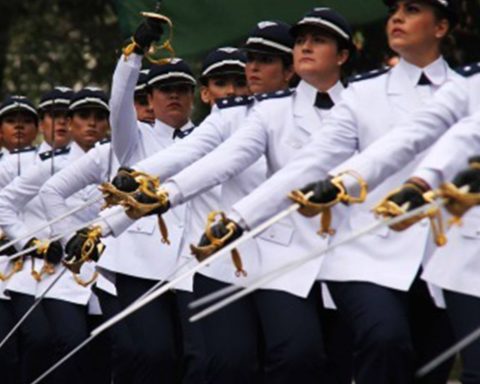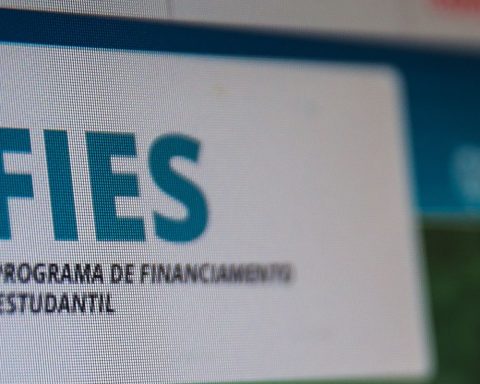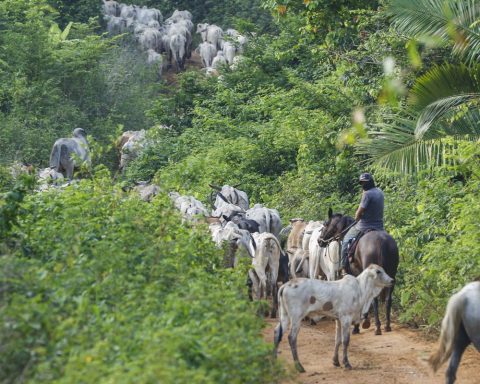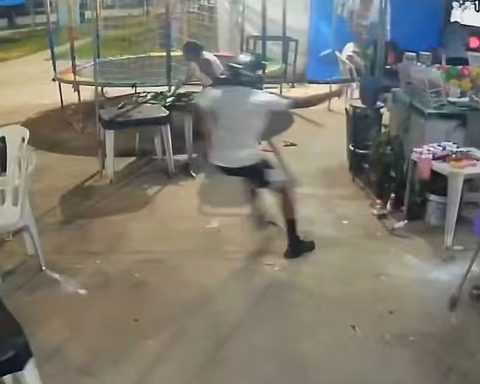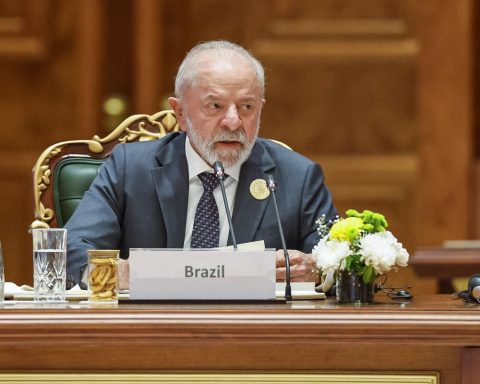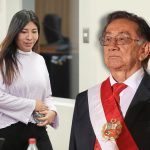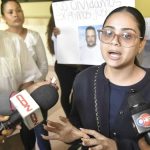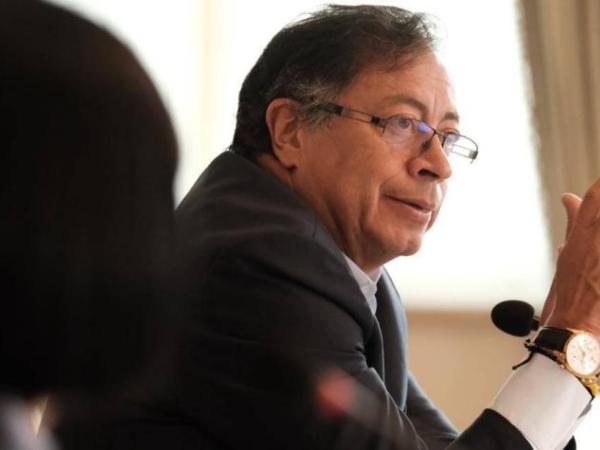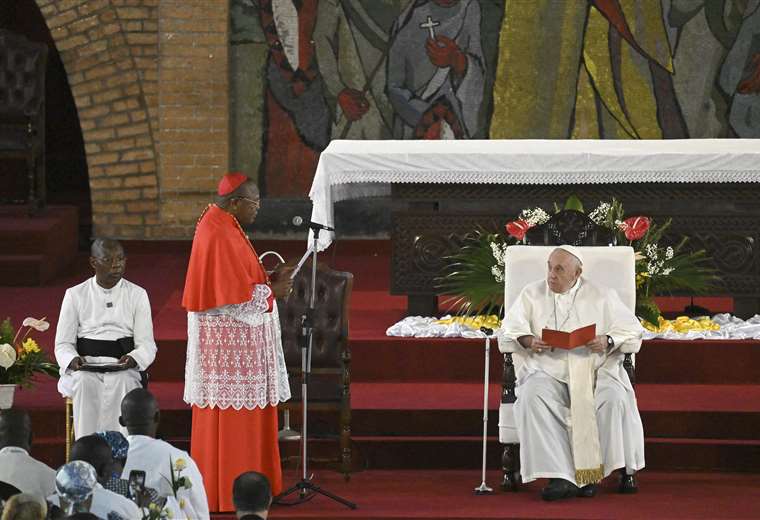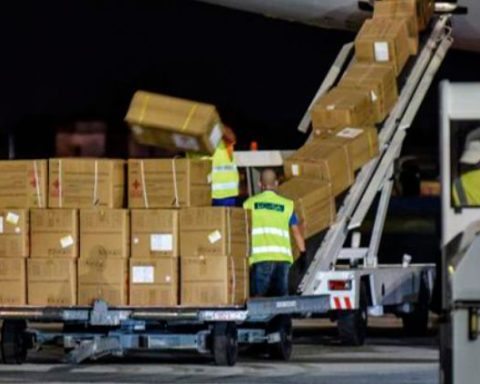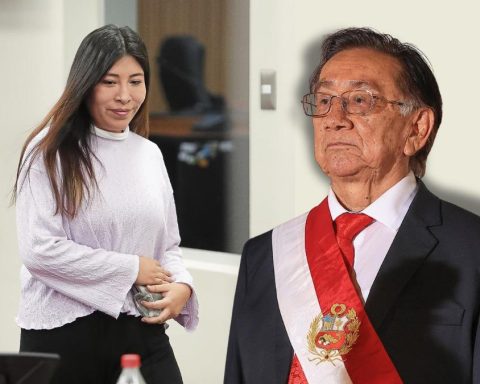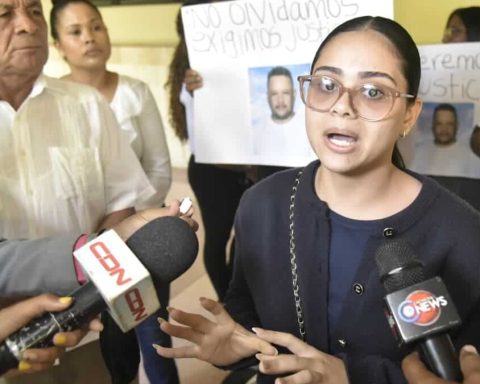The treatment of indigenous patients at the Hospital da Criança Santo Antônio (HCSA), in Boa Vista (RR), has applied cultural traditions of the people, including healing rituals and typical food, according to the Yanomami language interpreter, Richard Duque, who works at the unity.
“We here at the hospital respect this practice a lot. It is welcomed, we prepare the environment so that they can do this, within the conditions of the hospital”, explains the health agent.
Among the practices already incorporated into conventional medical treatment is spiritual support. “We ask them to send the rezador preferably or xapiri, as in the Yanomami language, the one [xamã] that the person trusts, and we provide a moment for the person to do their traditional healing practice”.
Also out of respect for the indigenous culture, food at HCSA is differentiated, according to the preference of each ethnic group. The nutritional team adapts the patient’s menu, including foods such as cassava, fish with flour and regional fruits.
The hospital has a specific ward to receive both Yanomami indigenous people and other ethnic groups, including hammock beds for children and companions.
Administered by the City of Boa Vista, the hospital is the only one that cares for children from 29 days old to 12 years, 11 months and 29 days old. The unit serves patients from across the state and also receives patients from Guyana and Venezuela.
According to the most recent balance sheet, updated this Wednesday (1st), there are 59 indigenous people hospitalized at the Children’s Hospital. Of these, 49 are Yanomami children and seven are in the Intensive Care Unit (ICU). In 2022, there were 703 admissions of Yanomami indigenous people to the HCSA. The main causes of hospitalizations are acute diarrhea, acute gastroenterocolitis, severe malnutrition, pneumonia, snakebite and malaria.
“Most of these children will arrive malnourished, but what brings them here is motivated by another situation, such as an infection, pneumonia, diarrhea, verminosis, some trauma”, explains physician Eugênio Patrício, responsible for the long-term care unit. from the HCSA.
According to him, some children have severe malnutrition and lose more than half of their ideal weight. Contamination by worms is also a constant. “Some children even expel worms through their mouth and nose”, he reports.
